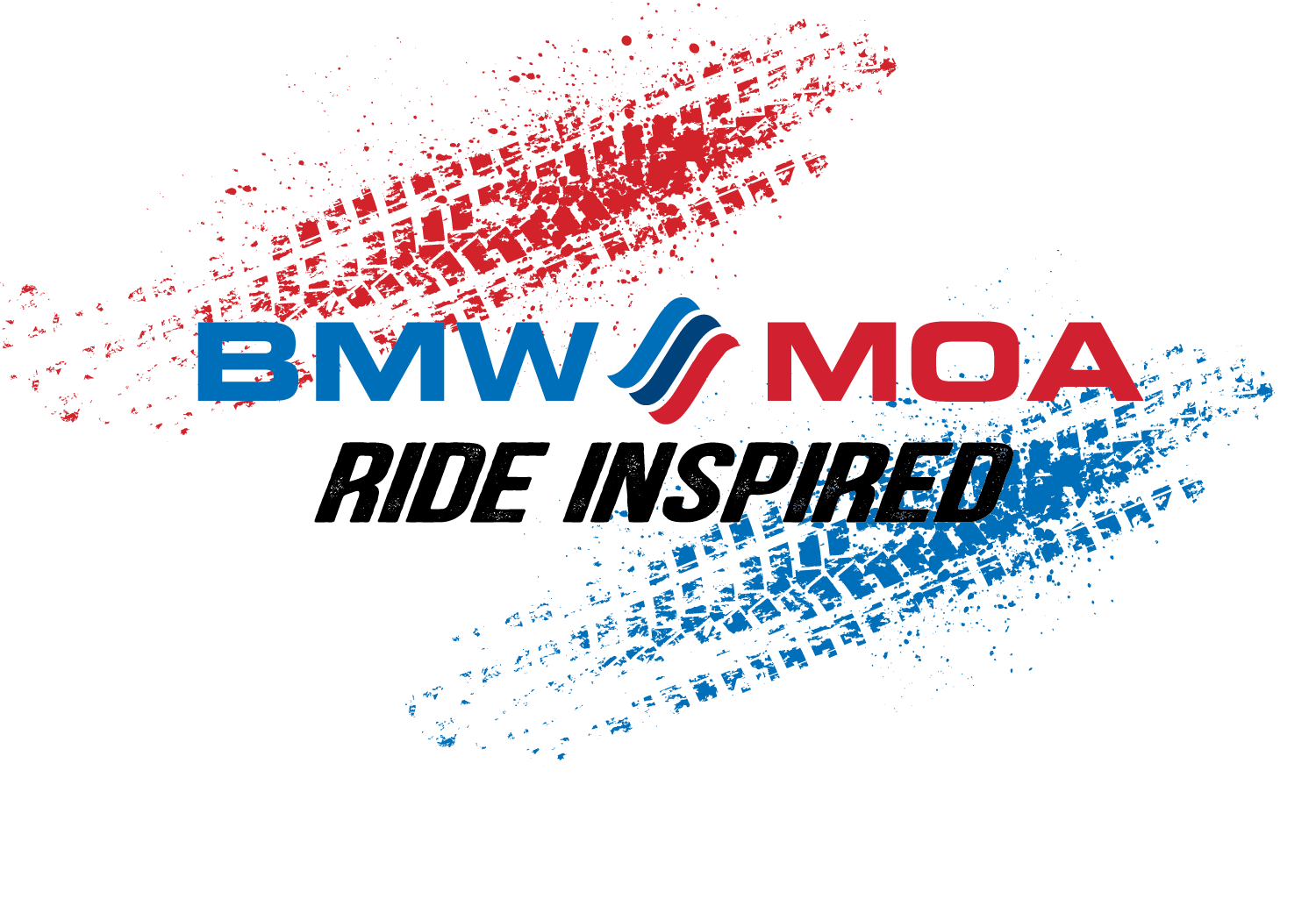MarkM
All-round Motorcyclist
Remember that email is not 100% reliable. It's possible they never got it (not that I'm defending ABATE).I sent an email to the state president outlining the issue. ABATE's response was deafening in its' silence. Nothing. Not even a reply.




